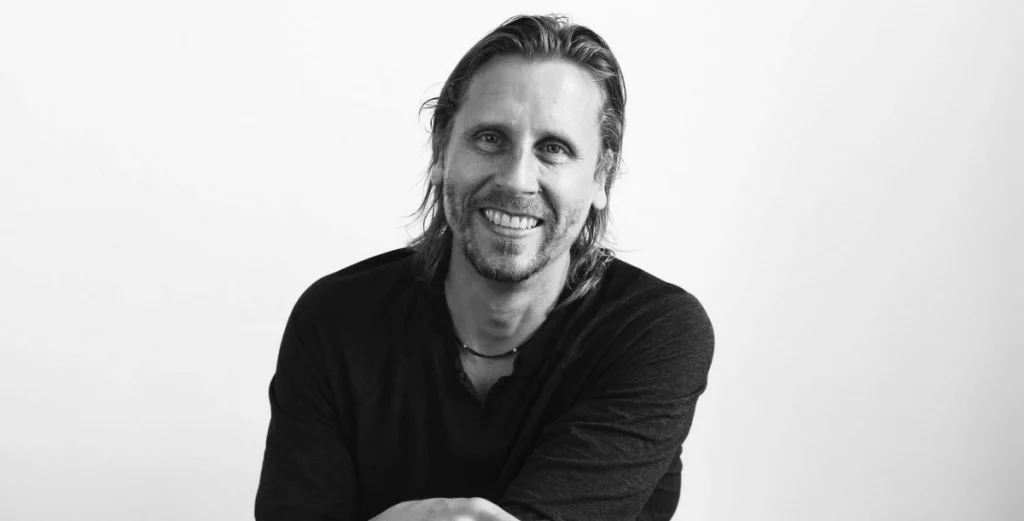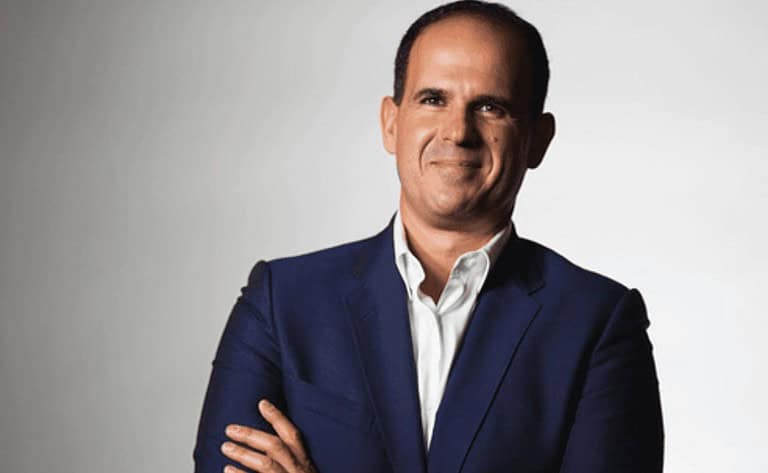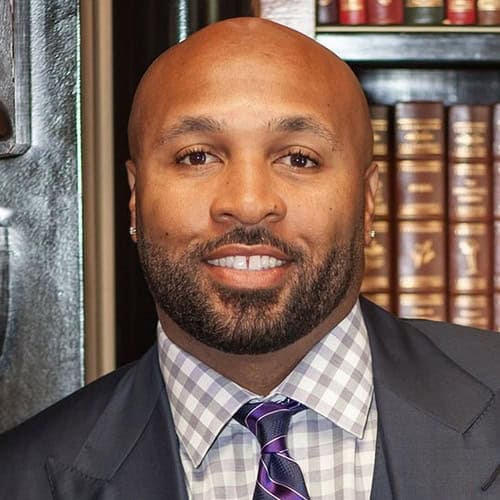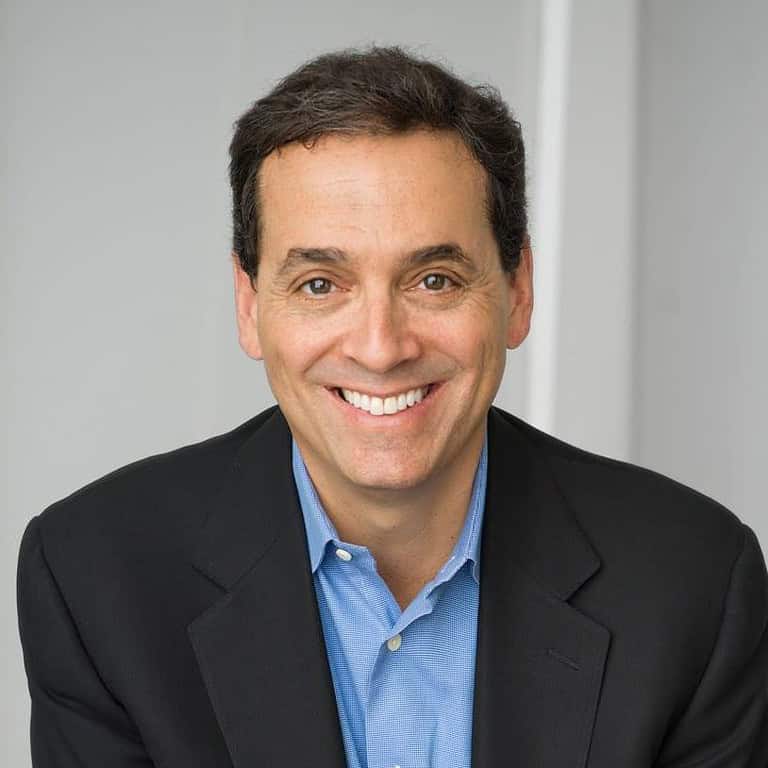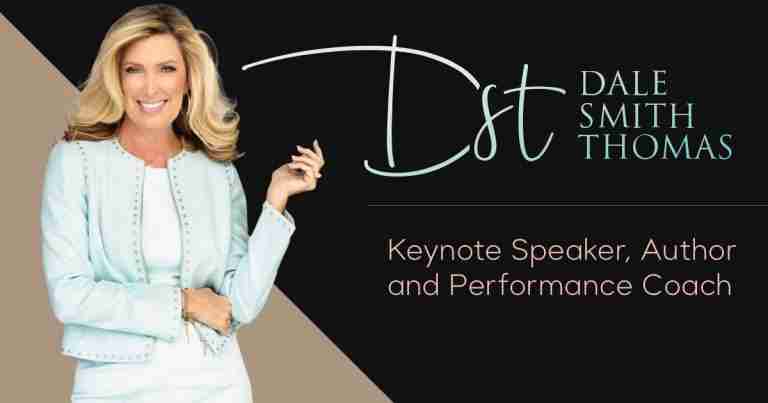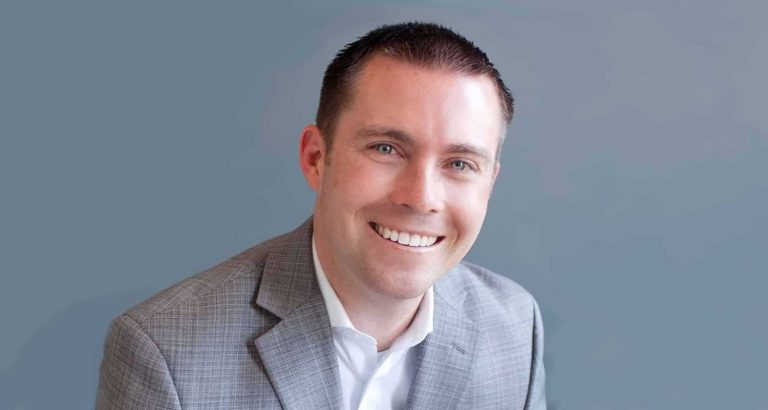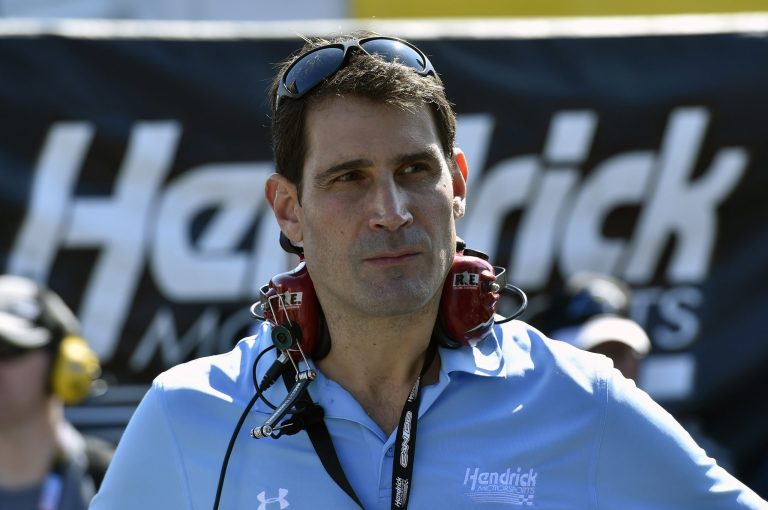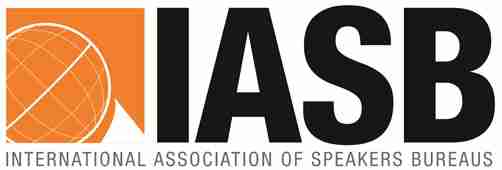Beau Lotto: Neuroscientist
Dr. Beau Lotto a World-renowned neuroscientist and TED speaker translating brain science into practical strategies for adaptability, innovation, and evolved company cultures.
Quick Facts:
- Highlights:
- World-renowned neuroscientist and perception expert
- Three-time TED mainstage speaker with global reach
- Consultant to major brands including Cirque du Soleil, Microsoft, and L’Oréal
- Specializes in adaptability, bias, creativity, and cultural transformation
- Formats: Keynote presentations (45–60 minutes), executive masterclasses, leadership workshops, innovation labs
- Audiences: Corporate leaders, innovation teams, HR & L&D professionals, executives seeking adaptability strategies, and organizations facing transformational change
- Outcomes:
- Practical neuroscience-based tools for adaptability and resilience
- Clear frameworks for building innovative, evolvable company cultures
- Audience engagement that sparks long-term mindset and behavioral shifts
Talent Services
Keynote Topics:
Risk/Uncertainty
One of the most dangerous things one can experience in life is doubt. During evolution, if your ancestors weren’t sure whether that ‘thing over there’ was a predator, well … it was too late for them. Thus, we hate doubt … and that’s usually a good idea (throughout evolutionary history).
We are genetically programmed to do so: Sea-sickness, and indeed most of our mental health problems being direct manifestations of our fear. The deep irony, however, is that nothing interesting begins without it. So taking the risk to step into uncertainty is an essential aspect of adaptation, which we know is at the root of success in all natural systems. What’s more, nature also tells us when it’s best to risk uncertainty.
So how to deal with uncertainty is the fundamental problem that your brain evolved to solve. Here we discuss in a highly experiential way how and why everything is uncertain, and nature’s solution to it.
Adapt or Die
The future is unknown. It always has been and always will be. Whether technological innovation, wars, climate change, voting … or a pandemic, every decision an organisation and leader makes is, in one way or another, directly related to uncertainty.
In nature, the most successful systems do not just adapt, they are adaptable. Indeed, adaptability is the ‘skill’ most sought by leaders and organisations. To adapt requires stepping into uncertainty. Adapting to uncertainty is born out of a way of being … a practice … that one engages in every day at work, at home with one’s children, with one’s partner, friends, with the cashier in the grocery store.
Only by understanding how and why you see what you do can you adapt to and lead others into uncertainty. Becoming perceptually intelligent in conflict enables leaders and their teams and organisations to succeed when others fail.
Change
There is no inherent value in change. Whether change is good or bad is – like everything else in life – context-dependent. Here, using principles in behavioral and perceptual neuroscience, we’ll explore what lives at the heart of change: why it’s often essential for success but equally the most feared of human activities.
Indeed, to ask ‘why?’ is historically the most dangerous thing you can do. Hence, organization, businesses, religions and even our education systems are designed to reduce question-asking. And yet all revolutions (and revelations) begin with a joke (“you mean it could be different from this?”).
See how and why questions and metaphor are mediators of change; what makes a good question; and how change – when properly pursued – has no direction or goal. Which means change is personal and – when properly considered – inevitable.
Leadership
What makes a good leader? When asked this question of a diverse audience, I’ll receive many different possible qualities that are ‘essential’. And yet, there are only three such descriptions that correlate with the success of a company. What are they and why do they matter?
Here we will address these questions from the perspective of behavioral neuroscience, and consider a new answer: the quality of a leader is defined by how he/she leads others into uncertainty.
How To See New Meaning In Data
There is no inherent value in any piece of information! Data is meaningless. Why? This is because the brain deals with meaning and not information since information doesn’t tell you what to do. In fact, THE fundamental challenge that the brain evolved to solve is to take meaningless data and make it meaningful.
This is true even at the most basic level of our senses: seeing light. Which is why we never see the world in any direct sense. Instead what we see is the meaning of information grounded in our personal, cultural and evolutionary histories. And it’s the historical meaning of stuff that we literally see, experience and know (not the stuff itself).
Here we’ll explore – and experience – how to see new meaning in data that has always been there, but remains hidden. The result will be an understanding of the principles by which the brain makes the meaningless meaningful.
Talent Short Bio
Dr. Beau Lotto is a globally recognized neuroscientist, author, and three-time mainstage TED speaker who helps organizations harness the power of perception and adaptability to thrive in times of rapid change. A leading authority on neuroscience, complex adaptive systems, and human perception, Beau has guided world-class brands like Cirque du Soleil, Microsoft, and L’Oréal in reimagining how they innovate, connect, and grow.
Through engaging keynotes, masterclasses, and workshops, Beau makes science accessible and immediately usable. His approach blends neuroscience with insights from technology, art, fashion, and performance, creating talks that are both intellectually rigorous and highly entertaining. Known for his humor, audience participation, and actionable takeaways, Beau empowers leaders and teams to reframe bias, build resilience, and unlock creativity.
With over 30 years of electrifying audiences worldwide, Beau equips companies to evolve from transactional interactions to meaningful relationships, while embedding a culture of evolvability. His sessions aren’t just motivational, they’re evidence-based, ROI-driven, and designed to inspire sustained organizational change.
Read Full Bio
World-famous neuroscientist, Dr. Beau Lotto, will prepare and super-motivate your audience by using the principles of neuroscience (yes, you read that right). When you step back and consider the Big Picture, the strategy makes sense. We all know the world is changing fast that’s a given. The challenge is to adapt…or die. What you need is a speaker who will show your audience how to thrive in the face of change. Beau Lotto gives your attendees, in practical plain talk, the neuroscience behind personal evolution. He provides the detailed steps to achieve a successful culture where your audience can empower evolvability and thrive as a result.
Beau’s megamix is more than just science, however; he weaves in ideas from technology, art, fashion, music, and performance. It’s the kind of subject matter, delivered in a friendly, entertaining style, that turns heads.
The result for you: usable ideas that create a more invigorating, inventive, and evocable company culture. As well, this could be your first step in creating more meaningful, post-transactional customer relationships. Think of his gift to your audience as insight backed by science.
Beau Lotto’s keynote visit is more than just another indistinguishable inspirational speaker yelling, “You can do it!” Much more. Here, you get a fact-based return on investment. Don’t let Beau’s science background give you pause his talks are always common-sense, and peppered with humor, audience participation and actionable principles that audiences can apply in their professional lives.
Beau, a renowned audience arouser, is a leading expert in perception, neuroscience, and complex adaptive systems. He’s helped navigate brands like Cirque du Soleil, Microsoft and L’oreal to even greater successes. In corporate circles as well as in the scientific community, Beau is well known and well respected; he’s earned a world-class reputation as a speaker, masterclass leader and big-league corporate consultant.
Beau Lotto has been electrifying crowds for over 30 years, including a three-time gig as a mainstage TED-talk speaker. How? By challenging his audiences’ perceptions about change, getting them to look past their biases, and sparking ideas about how to create a more evolved, can-do organization.
Contact us at Speakers Inc and follow us on Twitter
Talent Videos
Dr. Beau Lotto – The Neuroscience of Awe | TED Talk
In this 14-minute TED Talk, neuroscientist Dr. Beau Lotto explores how awe reshapes the brain, reduces fear of uncertainty, and helps us engage in conflict with humility and courage.
Video Summary & Key Moments
Dr. Beau Lotto opens with a playful audience experiment, conducting Strauss’s Also Sprach Zarathustra to demonstrate the human brain’s fundamental need for closure. From there, he introduces one of our greatest fears: uncertainty. Drawing on examples from horror films, evolution, and psychology, Lotto explains how the brain evolved to predict, and how we rely on biases and assumptions from past experiences to navigate the unknown.
But adaptation requires moving into uncertainty. To evolve from point A to B, he argues, the first step isn’t B, it’s “not A.” This means letting go of assumptions and stepping into the unknown, the very place our brains evolved to avoid. The solution? Awe.
Lotto details his Lab of Misfits’ collaboration with Cirque du Soleil, where they measured brain activity of audiences during performances of O. Results showed awe triggers measurable neurological shifts: the prefrontal cortex (executive control) downregulates, while the default mode network (linked to creativity and divergent thinking) upregulates. Awe also biases brain activity toward forward movement, correlates with greater risk appetite, reduces cognitive rigidity, and even reshapes how people define themselves.
He emphasizes awe’s social and behavioral power: it fosters prosocial behavior, increases tolerance, and enables us to enter conflict differently—not with certainty and the urge to win, but with humility, curiosity, and the desire to understand. Lotto suggests awe can mitigate anger and hate, and highlights pilot studies showing art-induced awe increases tolerance.
He concludes with a call to recognize awe not only in grand experiences like mountains or space, but also in the simple and everyday. Awe, he argues, is a ladder into uncertainty, helping us expand, learn, and connect more deeply with one another.
Key Moments
00:00 Opening experiment: Strauss, closure, and the need for resolution
02:00 Fear of uncertainty: why the brain predicts and projects meaning
04:00 Uncertainty and conflict: how fear creates rigidity and judgment
06:00 Awe as evolution’s solution to uncertainty
07:00 Cirque du Soleil experiment: neuroscience of awe in action
09:00 Awe’s brain state: prefrontal downregulation, creativity upregulation
10:30 Behavioral outcomes: prosociality, tolerance, risk-taking
12:00 Conflict reframed: humility, curiosity, and understanding through awe
13:00 Awe in everyday life: science, art, love, and shared human experience
13:45 Closing: awe as a ladder into uncertainty and expansion
Beau Lotto: Thriving in a World That Doesn’t Exist
Visual perception can be misleading: our brains interpret what our eyes see by imposing meaning that may have been useful historically, but may no longer be the case in today's rapidly changing world. Beau Lotto, Professor of Neurobiology at University College London, discusses how to see differently – including through science and play – and asks how to educate children to thrive in a world that does not yet exist. This talk was originally published in February 2016.
Video Summary & Key Moments
Beau opens with a live experiment conducting the final bars of Strauss to evoke the audience’s need for closure, then connects that feeling to the brain’s deeper aversion to uncertainty. He explains that perception is not about accessing objective truth; it is the brain projecting meaning from past experience. Context is everything, which is why illusions work and why people often misread situations and each other.
He contrasts efficiency with adaptability: efficiency wins in static environments, but the natural world changes, so the most successful systems are adaptable, not merely efficient. Creativity begins with doubt, not answers. Questions change our “space of possibility” by challenging assumptions. Through visual illusions and quick demos, he shows that we don’t see information itself; we see meaning that was once useful.
Beau introduces play as evolution’s solution to uncertainty. Play is intrinsically motivating, cooperative, and seeks the unknown, making it the perfect ecology for creativity and learning. He then distills leadership to three behaviors that enable creative cultures: lead by example to create trust, admit mistakes to normalize uncertainty, and see qualities in others to invite diversity. Great leadership moves teams to the “edge of chaos,” shifting between stability and exploration.
Key Moments
00:00 Cold open: Strauss experiment and the brain’s need for closure
01:10 Fear of the dark: uncertainty as evolution’s enemy of prediction
02:10 Efficiency vs adaptability; why changing worlds favor the adaptable
03:00 Perception primer: context over absolutes; illusions prove the point
04:10 Memory and history: the brain projects meaning, not raw data
05:10 Quick demos: brightness, context effects, word priming, object form
06:20 We color other people; meaning projected onto behavior
07:00 Space of possibility: questions expand options, answers don’t
08:10 Flip-the-motion demo: changing assumptions changes what’s seen
09:10 Creativity clarified: not chaos, but small steps from different histories
10:00 Why we avoid the unknown and how play solves for uncertainty
11:10 Play as a way of being: intrinsic motivation, diversity, curiosity
12:00 Leadership trio: lead by example, admit mistakes, see qualities in others
13:10 Edge of chaos: balancing safety and exploration; closing insight
Interest to Book? Send us your enquiry
No reviews available for this post.
Talent FAQ's
Do speakers charge a flat fee or by the hour?
Speaker fees can vary depending on factors such as expertise, demand, and event specifics. While some speakers may charge a flat fee for their services, others may have hourly rates. It’s best to discuss fee structures directly with the speaker or their representative to understand the pricing model.
What is the typical duration of a keynote speech and what is included?
Keynote speeches typically range from 30 to 90 minutes, with the duration determined by the speaker’s expertise, the event’s agenda, and audience preferences. Keynote speeches often include a combination of inspirational stories, practical insights, and actionable advice tailored to the event’s theme or objectives.
Does the scale of the event and audience size affect a speaker’s fee?
The scale of the event and audience size can indeed impact a speaker’s fee. Larger events with a broader reach or higher attendance may command higher fees due to increased exposure and demand. Conversely, smaller events or niche audiences may offer opportunities for more flexible pricing arrangements.
Travel expenses and other costs
Travel expenses such as transportation, accommodation, and meals are typically negotiated separately from the speaker’s fee. These costs vary depending on the speaker’s location, travel distance, and event duration. It’s important to clarify travel arrangements and expenses during the booking process to avoid misunderstandings.
Deposits and securing a booking
Many speakers require a deposit to secure a booking, with the remaining balance due closer to the event date. Deposits are often non-refundable and serve as a commitment from both parties. It’s advisable to discuss deposit requirements and payment terms with the speaker or their representative when finalizing the booking.
Additional tips and takeaways
- Virtual speaking appearances are a cost-effective alternative to high speaking fees, often 10-50% cheaper than in-person rates.
- There is typically no difference in fee for a 15-minute speech versus a 60-minute speech.
- Some motivational speakers are open to discounting their fee if hired for more than one event by the same organization.
- When browsing speakers, consider their location to keep travel costs down.
- Personal connections to your organization or event location can increase your chances of securing a renowned speaker.
- Be upfront about your needs and expectations to ensure a successful partnership.
- Speaker bureaus like Speakers Inc help guide you through the booking process to negotiate the best deal with favorable terms.
Ready to find the perfect speaker for your event? Use our advanced search feature or contact us to get started today!
You may be interested in...
- (105)
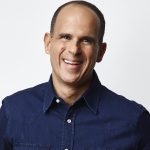
In a world where business leaders are lauded for being cutthroat, Marcus does it all with heart and compassion for the people, process and product he aspires to elevate. But as with many success stories, his road has not always been an easy one. If you or your client is looking for an interactive Business […]
- Travels from: Chicago, IL
- Business Speakers
- (18)
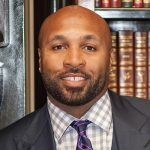
Dr. Tye Caldwell stands at the forefront of innovation in the beauty industry, wielding a potent combination of entrepreneurial acumen, technological prowess, and a profound commitment to empowering beauty and barbering professionals worldwide. As the Co-founder and Chief Strategy Officer of ShearShare, Dr. Caldwell has etched his name as a visionary leader, dedicated to revolutionizing […]
- Travels from: Buffalo, NY
- Entrepreneurship
- (13)
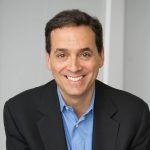
Daniel Pink is a best-selling author and one of the most influential thinkers in the realm of business and human behavior. His profound insights into motivation, leadership, and innovation have captivated audiences worldwide, making him a sought-after keynote speaker. With a career spanning over two decades, Pink has become synonymous with groundbreaking ideas that challenge […]
- Travels from: Washington, DC
- Motivational Speakers
- (31)

Silvina Moschini, widely known in technology circles as @Miss_Internet, is a dynamic figure at the forefront of digital innovation and entrepreneurship. With a rich history spanning corporate leadership and groundbreaking startups, Silvina brings a wealth of expertise to the table. With a career steeped in technology and innovation, Silvina’s journey began in the corporate world, […]
- Travels from: New York, NY
- Digital Speakers
- (29)

Egypt Sherrod is one of the most sought-after voices in real estate, blending deep industry expertise with an engaging and down-to-earth speaking style. Best known as the host of HGTV’s “Married to Real Estate” and “Property Virgins,” she is a dynamic and insightful speaker who educates and inspires audiences about wealth-building, real estate investing, and […]
- Travels from: Atlanta, GA
- Real Estate
- (7)

Dale Smith Thomas is an esteemed professional speaker, revered for her unparalleled ability to connect deeply with audiences worldwide. Renowned for her dynamic blend of transparency, honesty, humor, and warmth, Dale embarks on transformative journeys during her presentations, leaving an indelible mark on each individual fortunate enough to experience her message. As an unapologetic optimist, […]
- Travels from: Brentwood, TN
- Motivational Speakers
- (42)

Ty Bennett is the Owner & CEO of the largest Ninja Warrior Gym in the world and it’s not stopping there – soon he will have three Ninja Warrior Gyms to add to his portfolio. An active CEO and serial entrepreneur, he has built three multi-million dollar businesses in three different industries. Ty and his […]
- Travels from: Salt Lake City, UT
- Leadership Speakers
- (51)

Andy Papathanassiou revolutionized the NASCAR pit crew industry, becoming the sport’s first-ever pit crew coach when hired by Hendrick Motorsports in 1992. As an original member of Jeff Gordon’s legendary Dupont #24 race team, Andy transformed how pit crews operate, applying athletic principles to what was once seen as a mechanical role. His pioneering approach […]
- Travels from: Charlotte, NC
- NASCAR Speakers
No results available
Disclaimer
These remain the property of its owner and are not affiliated with or endorsed by Speakers Inc.
Fee Range Information
All talent fees exclude VAT, travel and accommodation where required.


